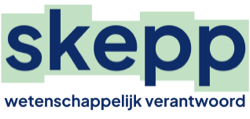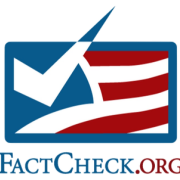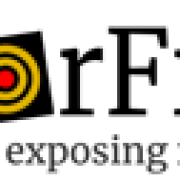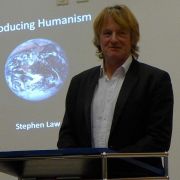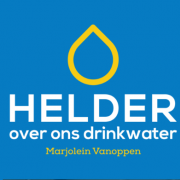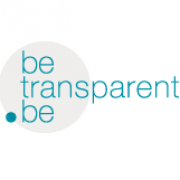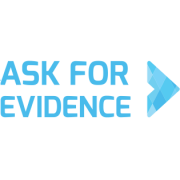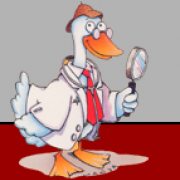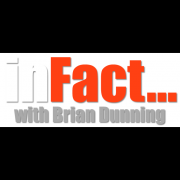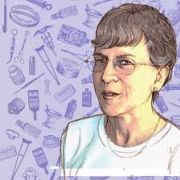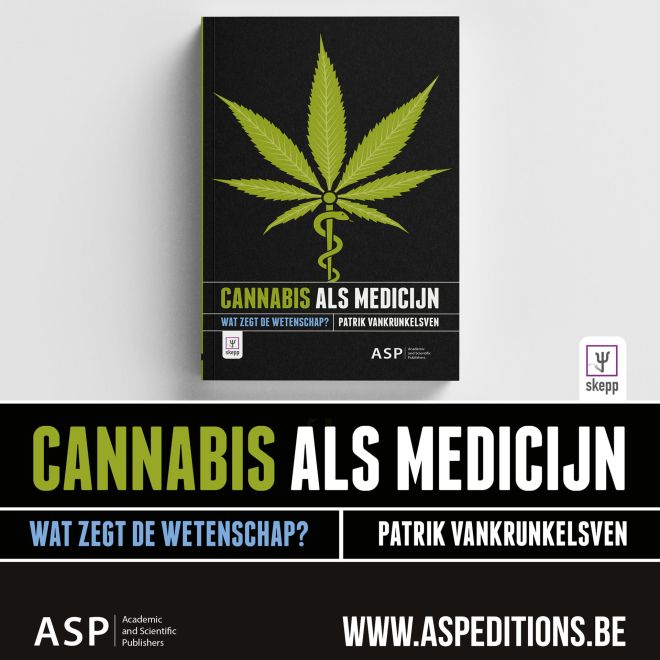By leading popular philosopher and author Dr. Stephen Law (betalend)
This course aims to make you a more rigorous, effective, and creative thinker.
I have taught philosophy and critical thinking at Oxford University and the University of London. I've also written online courses for both Oxford University and Eton College, and published numerous popular philosophy books.
This course distils what I have found to be the most engaging and generally useful critical thinking material. It sharpens up thinking skills that you can then usefully apply in your career, your education, and in your personal life too.
The course develops skills and habits we all need to become more reliable judges of what's true:
- skills that make us more penetrating thinkers - so that we are better able to both figure out for ourselves, and rationally persuade others, of what's true.
- skills of intellectual self-defence - that can help immunise us against the influence of bad arguments, propaganda, psychological manipulation, prejudice, fake news, and bullshit.
Becoming a better critical thinker is not just an intellectual exercise. It's also about developing awareness, and especially self-awareness - of the biases and prejudices to which we're all prone and which may skew our judgement.
This course is designed to be highly engaging and accessible. I'm one of the world's leading popularizers of critical thinking and philosophy, with a reputation for explaining even complex ideas clearly.
The course is grounded in some of the most up-to-date research and thinking.
The course is unusual in that, while it covers the fundamentals - including cognitive biases, fallacies, and the basics of argumentation - it includes extra material students find particularly useful outside the classroom.
Feeling stuck or confused? You can communicate with me inside the course - I'll usually get back to you within 24 hours! There are some optional easy quizzes to help your understanding.
